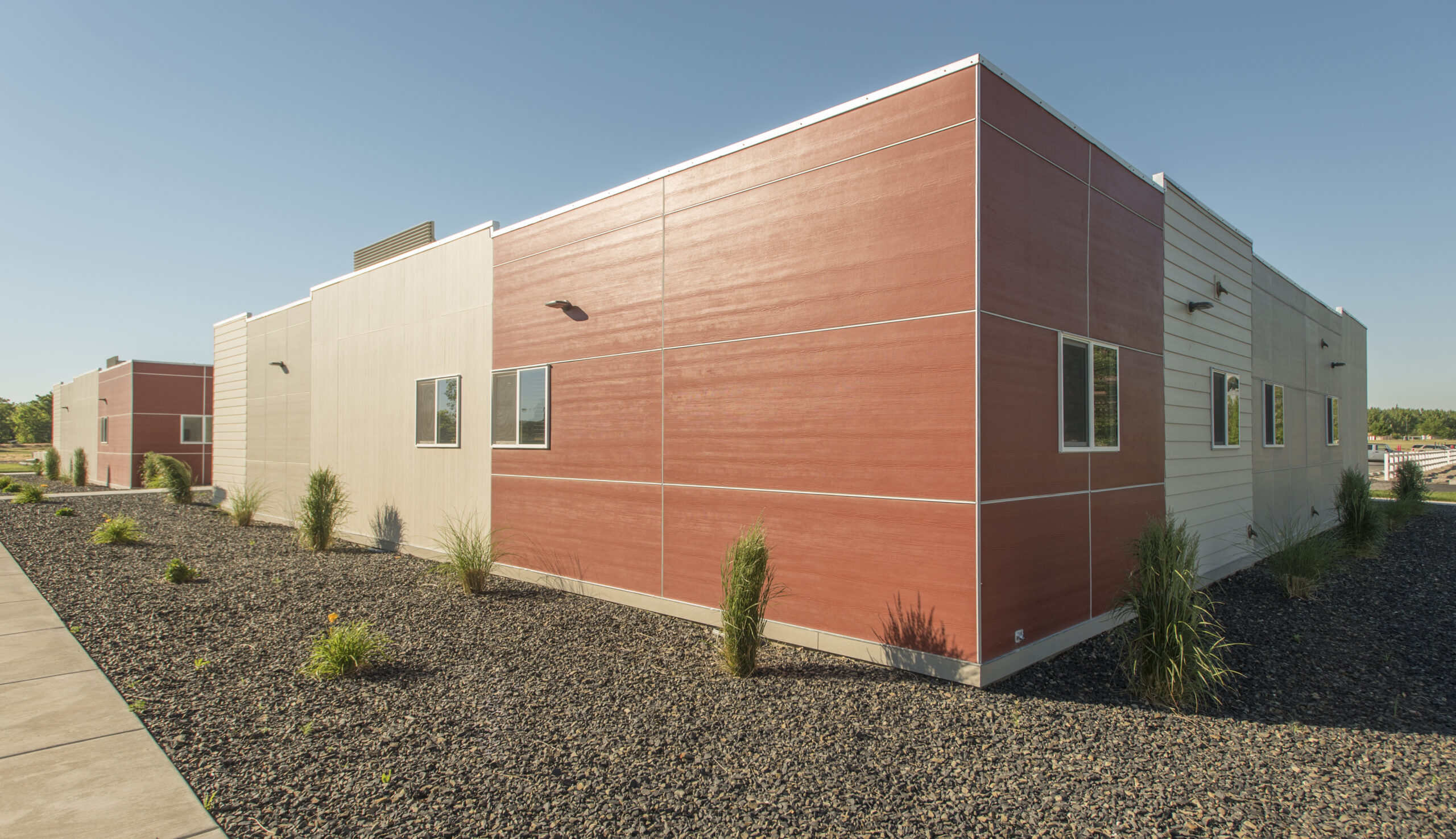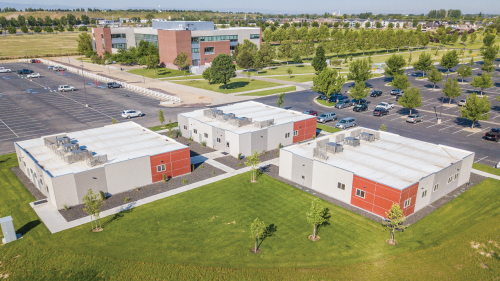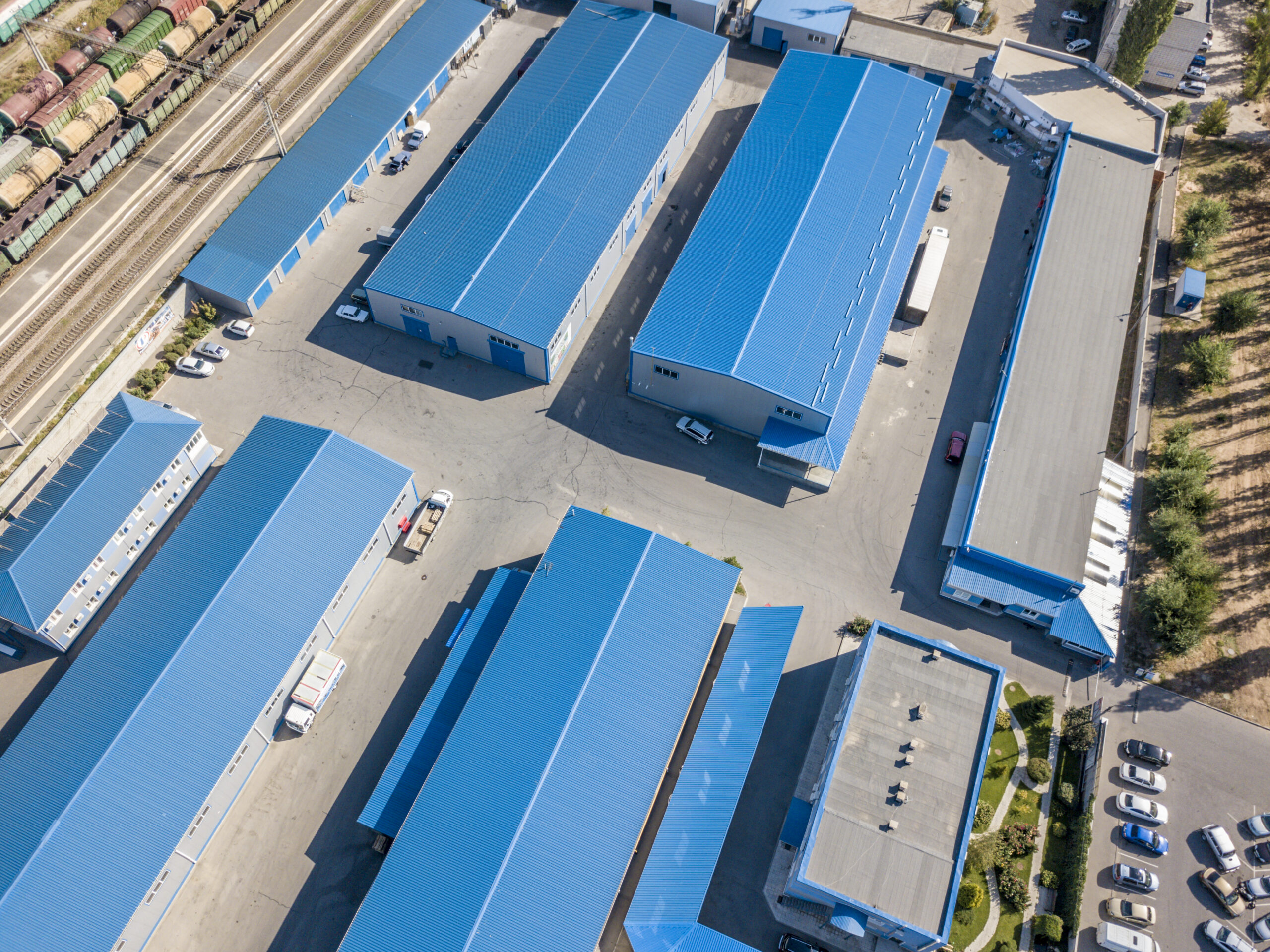
Modular vs. Traditional Construction: Which Is Right for Your Nevada Project?
When planning a construction project in Nevada, one of the first decisions you’ll face is choosing between modular and traditional construction methods. Both have their advantages, and the best choice depends on your project’s unique needs and priorities. Here’s a closer look at how these two approaches stack up across key factors:
Timeline
If speed is a top priority, modular construction offers a significant advantage. Modular projects can be completed 30-50% faster than traditional construction. This is because site preparation and module fabrication happen simultaneously in modular construction, whereas traditional methods require one phase to finish before the next begins. For Nevada businesses working within tight deadlines—whether it’s a new office, retail space, or temporary structure—this accelerated timeline can be a game-changer.
Cost
Budget overruns are a common concern with traditional construction due to factors like weather delays, labor shortages, and unexpected material costs. Modular construction, by contrast, offers predictable pricing. The factory-controlled environment and streamlined process minimize waste and ensure a more accurate cost estimate from the start. For Nevada businesses looking to avoid financial surprises, this cost-efficiency makes modular a compelling option.
Quality
Modular construction is performed in a controlled manufacturing environment, where every component is built to precise specifications. This consistency often results in higher-quality output compared to traditional construction, where quality can vary due to on-site conditions, weather, and human error. Nevada’s unpredictable desert climate, for instance, can impact materials and labor efficiency in traditional builds—issues that modular construction sidesteps entirely.
Flexibility
One of the standout features of modular construction is its inherent flexibility. Modular buildings can be easily relocated, expanded, or reconfigured as your needs evolve. This adaptability makes them ideal for Nevada industries like education, healthcare, and construction, where demands frequently change. Traditional structures, on the other hand, are static, often requiring costly renovations or demolitions to adapt to new needs.
Aesthetics and Customization
Both modular and traditional construction methods can deliver high-quality, visually appealing buildings. However, modular construction often incorporates modern innovations and sustainable materials, appealing to businesses seeking environmentally friendly solutions. Whether you’re looking for sleek, contemporary designs or a more classic aesthetic, modular buildings can be customized to align with your vision just as effectively as traditional construction.
Why Modular Construction Is a Great Fit for Nevada
For businesses in Nevada, modular construction offers unmatched speed, cost-efficiency, and versatility. Whether you’re tackling a large-scale commercial project or a small, temporary installation, modular methods provide solutions that align with the unique challenges and opportunities in the region. From the arid desert climate to the need for rapid scalability in a growing economy, modular construction rises to the occasion.
Ready to explore how modular construction can transform your next project? Contact us today to learn more and get started.



